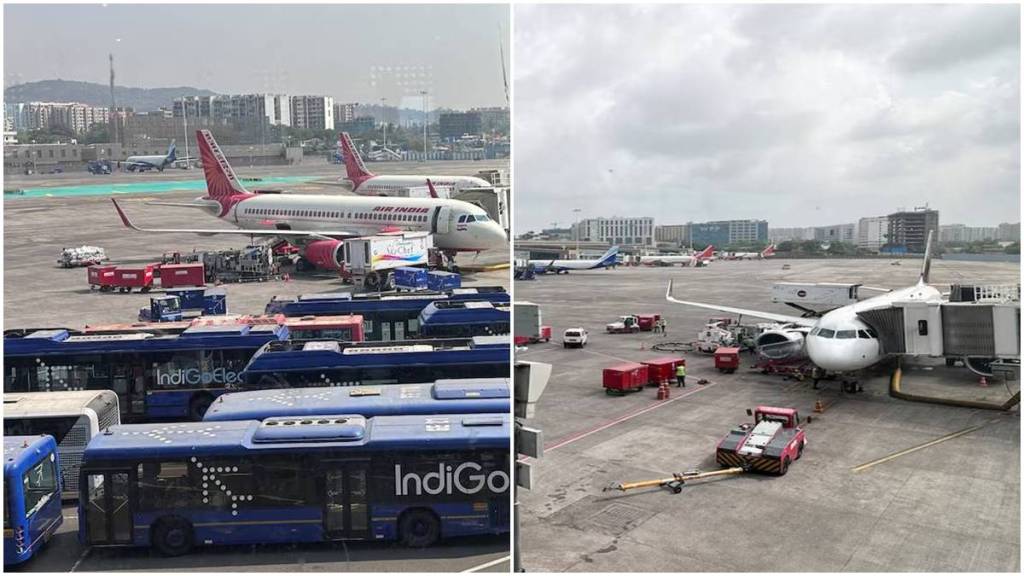A change in payment terms by Mumbai’s Chhatrapati Shivaji Maharaj International Airport, operated by the Adani Group, has ignited a rift with India’s largest carriers, Air India and Air India. As per Reuters’s report, the airport now needs airlines to submit cash deposits as security against operational charges. This new rule has replaced the earlier system of bank guarantees, a decision the airlines have opposed for months.
The change has been imposed since October last year, arising from Adani Airport Holdings’ concerns over delayed payments and increasing financial obligations. “None of these airlines normally pay on times…we want align our clash flows with the airlines’ class flow,” stated Arun Bansal, CEO of Adani Airport Holdings. “They have taken advantage of our niceness,” he further added, concerning the resistance by Air India and IndiGo.
Airlines opposes mandatory cash deposits
Documents as reviewed by Reuters disclosed a lobbying effort by the airlines, which together hold 91% of India’s aviation market. According to a source, the new system would require the two carriers to submit around Rs 2 billion in total. For Air India, which recorded a loss of $521 million in 2024, this additional cash could significantly affect its already pressured finances.
MIAL cites debt and default risk as change in revised policy
The Mumbai International Airport Ltd (MIAL), which managed 53 million passengers in the last year, has itself experienced a financial crisis. It had incurred a loss of $71.11 million on revenue of $461 million. In a letter dated December 31, MIAL mentioned, “deteriorating financial position” and “significant debt obligation” as reasons for the change in the policy. It stated that deposits would support financial stability and credit rating.
Bansal further noted that the airport needs protection against default risks, giving reference to past airline failures like Jet Airways, Go First and Kingfisher. While the airport reserves the authority to cancel airlines’ slots, Bansal stated that it does not plan to do so to safeguard passengers.


